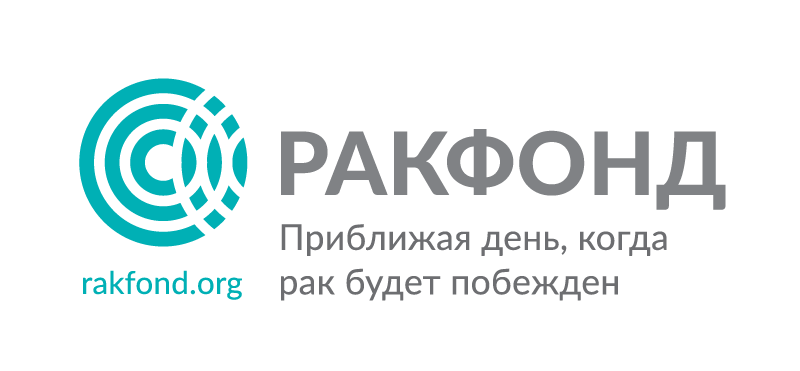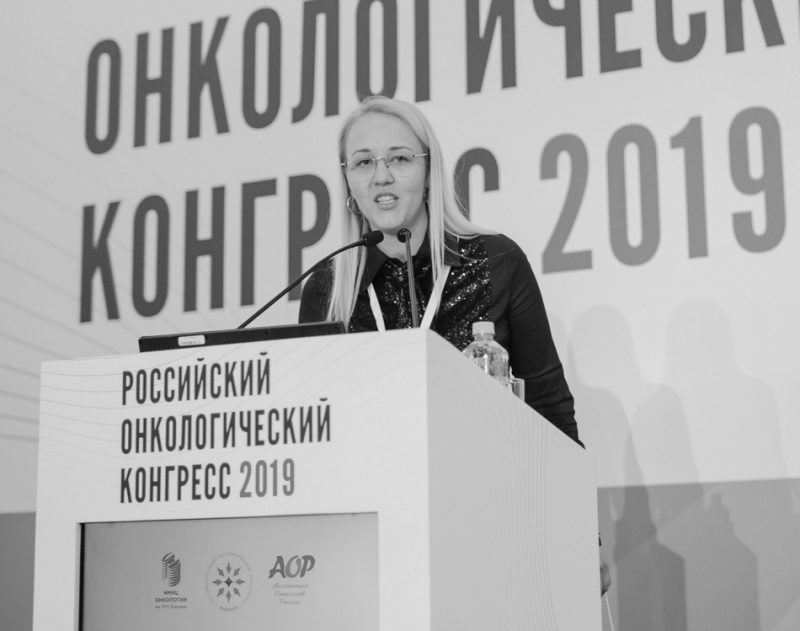RAKFOND AND RUSSCO AWARD FOR THE BEST RESEARCH WINNER Sayevets Valeriya Vladimirovna
Sayevets Valeriya Vladimirovna (Chelyabinsk Regional Clinical Center for Oncology and Nuclear Medicine)
Projekt:
The final analysis of the non-interventional study OVATAR: diagnostic and therapeutic approaches to the treatment of ovarian cancer in Russia. Group analysis with BRCA mutations
Award:
50 000 rubles
Brief Description:
Today, all patients with ovarian cancer (OC) are recommended with a personalized approach to treatment, which includes obligatory genetic testing for mutations in the BRCA 1,2 genes in high-grade serous and endometrioid ovarian carcinoma.
The OVATAR study is the first large-scale Russian observational study in which the entire country participated: 29 centers in all over Russia accrued 500 participants. The primary and secondary endpoint of this study was to evaluate the approaches to the treatment of ovarian cancer in Russia and to determine the frequency of genetic mutations in the BRCA 1,2 genes in patients with cancer of the ovaries, fallopian tubes, and primary peritoneal carcinoma.
The study was conducted between 2014 and 2018. and it is extremely important for the Russian Federation, since for the first time we can clearly understand how to treat patients with OC, in addition, the true proportion of genetic mutations in the BRCA 1,2 genes, the role of the completeness of cytoreduction, and the sensitivity of cancer biomarkers for patients with mutations were determined.
Our work demonstrated that the frequency of BRCA1/2m in the Russian population was high and amounted up to 35%, so every third patient has a germinal or a somatic mutation. One should consider that 56% of patients with mutations do not have a family history of cancer. More than 70% of patients with mutations were older than 50 years. In the analysis of biological markers, it was found that the CA-125 biomarker was positive in 99.7% of patients, CEA – in 15% and was detected more frequently in the BRCA2m subgroup of patients. Among BRCA1/2m patients with cytoreduction, the median progression-free survival in the subgroup without a visible residual tumor was 36.4 months, and in the subgroup with a residual tumor <1 cm, 15.3 months.
Thus, the treatment paradigm of patients with ovarian cancer with the mutations in the BRCA 1,2 genes, which account for 35% of patients, currently forces the need to determine the genetic status of our patients.

